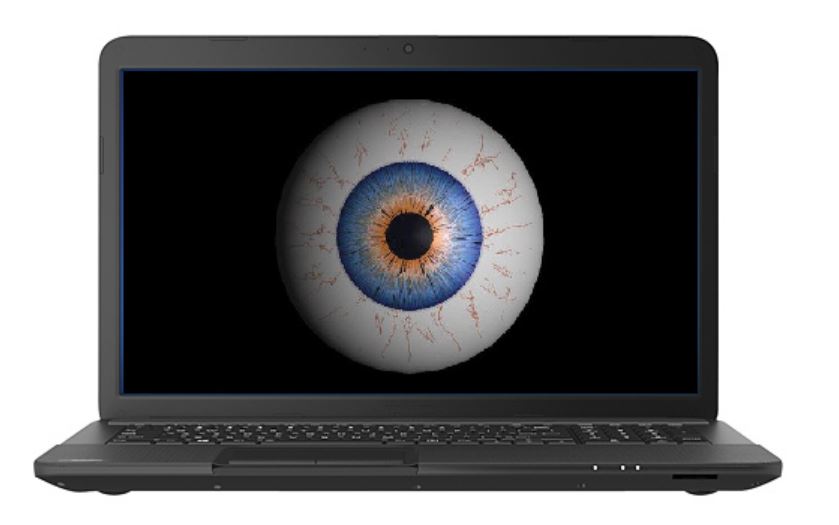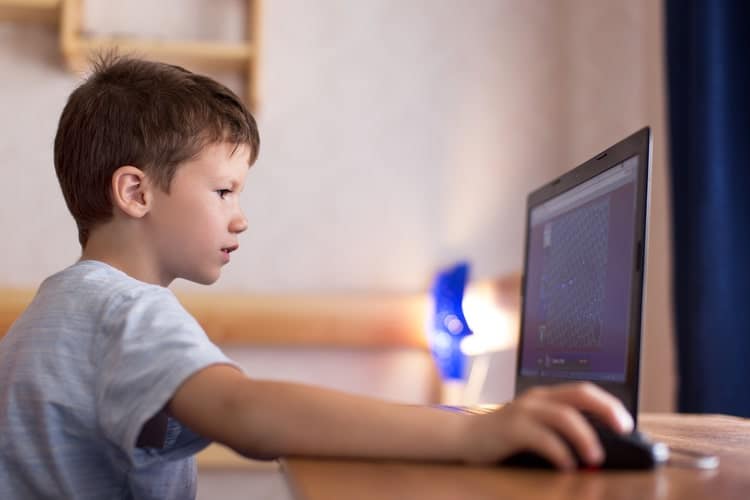Endorsed by Access Living, ACLU of Illinois, Brighton Park Neighborhood Council, Chicago Lawyers’ Committee for Civil Rights, Children’s Screen Time Action Network, Civitas ChildLaw Center, Hartlieb & Horste, LLC, Illinois Families for Public Schools, Parent Coalition for Student Privacy, Raise Your Hand for Illinois Public Education
Adapted from IFPS here; see the one-page Summary here.
Many US public schools have been operating remotely since March, either full-time or part-time as a result of the Covid pandemic. And with infection rates steeply increasing in the US, the timing of any return to fully in-person schooling remains uncertain.
The use of technology was widespread even before this spring. Now its use is nearly universal. But tech use should not impinge on students’ right to privacy and access to schooling.
In a recent national survey, 60% of educators said students would face negative consequences for having cameras off. However, students should never be forced to choose between maintaining their privacy and receiving an education . Moreover, surveillance does not equal safety.
Surveillance can be especially stressful for disadvantaged students, students of color; those with disabilities; undocumented students; students in temporary living situations and/or those from low-income families, living in crowded homes or apartments.
There are many other ways teachers can check if students are paying attention, such as calling on them verbally, asking them to use the chat function or polling function.
We have assembled a set of best practice policy recommendations on tech use during remote learning:
- Camera-on requirements: Students should always be permitted to participate in class without turning on video. And if live-video streaming is used during synchronous learning, schools should obtain written consent from parents explaining the risks and benefits of their children opting in to having their cameras on.
- Recording video conference sessions: Recording should never be obligatory for students, including for one-on-one sessions of a sensitive nature, e.g. counseling and therapy. Families must receive clear information about their rights to inspect, correct, receive copies of and, for children 13 and under, delete recordings.
- Observers in the virtual classroom: Schools/districts should issue clear guidelines to allow parents, guardians or other participants, for example childcare workers or family members, to assist their child in participating and/or to observe live video-conference sessions.
- Use of surveillance software to monitor devices: Students and families should be informed of the role of any browser in monitoring online activity and physical location, especially for the use of non-school owned devices. No third party provider of a computer hardware or software should be able to collect, use, generate or retain student data without explicit parental “opt in” permission.
- Use of surveillance software for proctoring tests remotely: Rather than subjecting students to highly invasive monitoring in pursuit of test security, schools and teachers should implement methods of assessment during remote learning that do not require surveillance spyware.
- Policy transparency for families: Schools should not only establish clear policies for tech use and privacy, but also make information about these policies accessible to all families (e.g. providing paper copies, translating all documents).
These recommendations are intended as a resource to assist students and families, teachers, administrators, and school board members, whether they are writing, revising or advocating for improvement of policies covering the role of tech in students’ remote learning experiences. Technology is crucial to accessing education during remote learning, but policy makers must be thoughtful in addressing its potential risks as well.
Much thanks for Cassie Creswell of IFPS for taking the lead on drafting this guidance.


